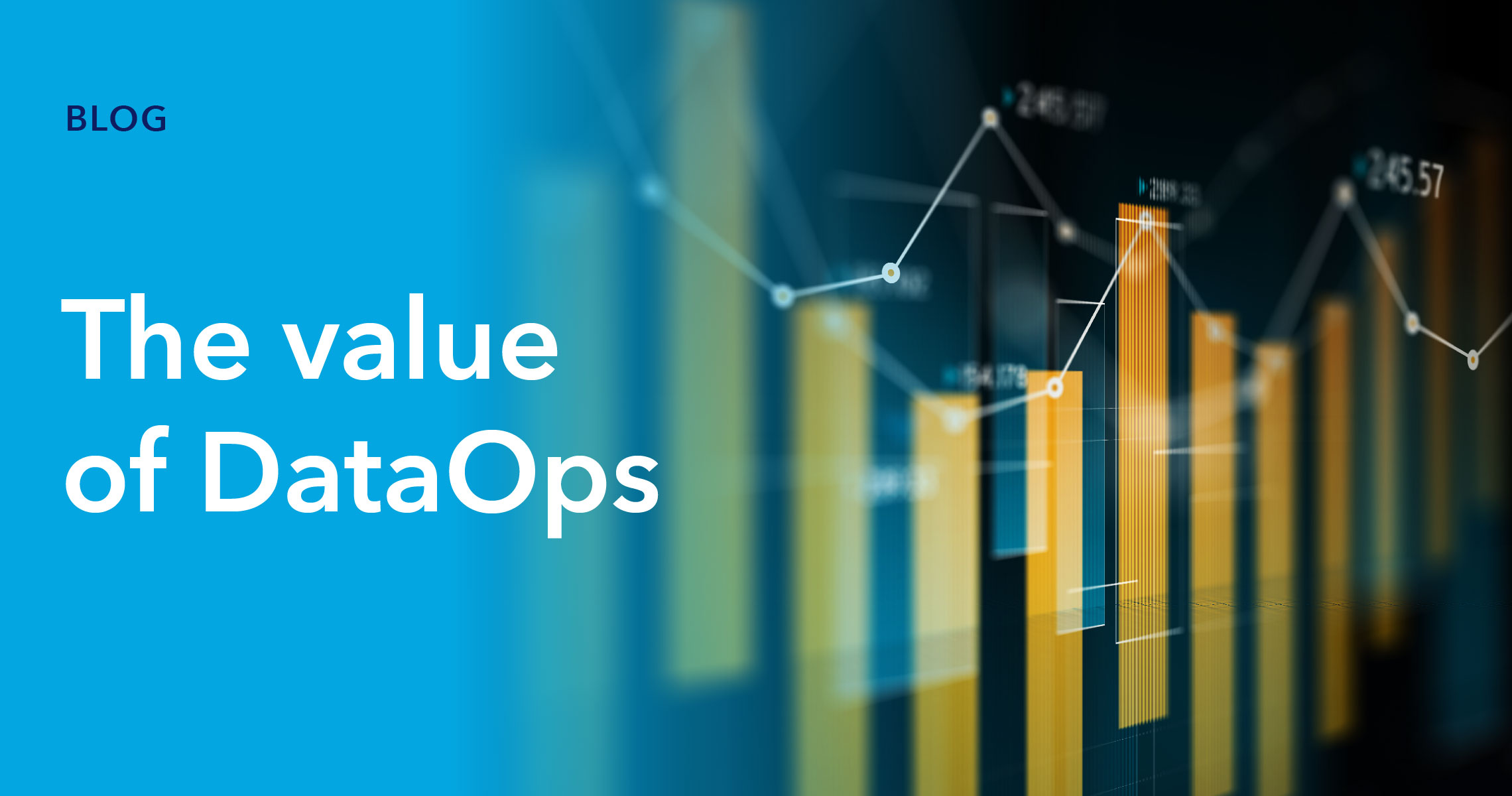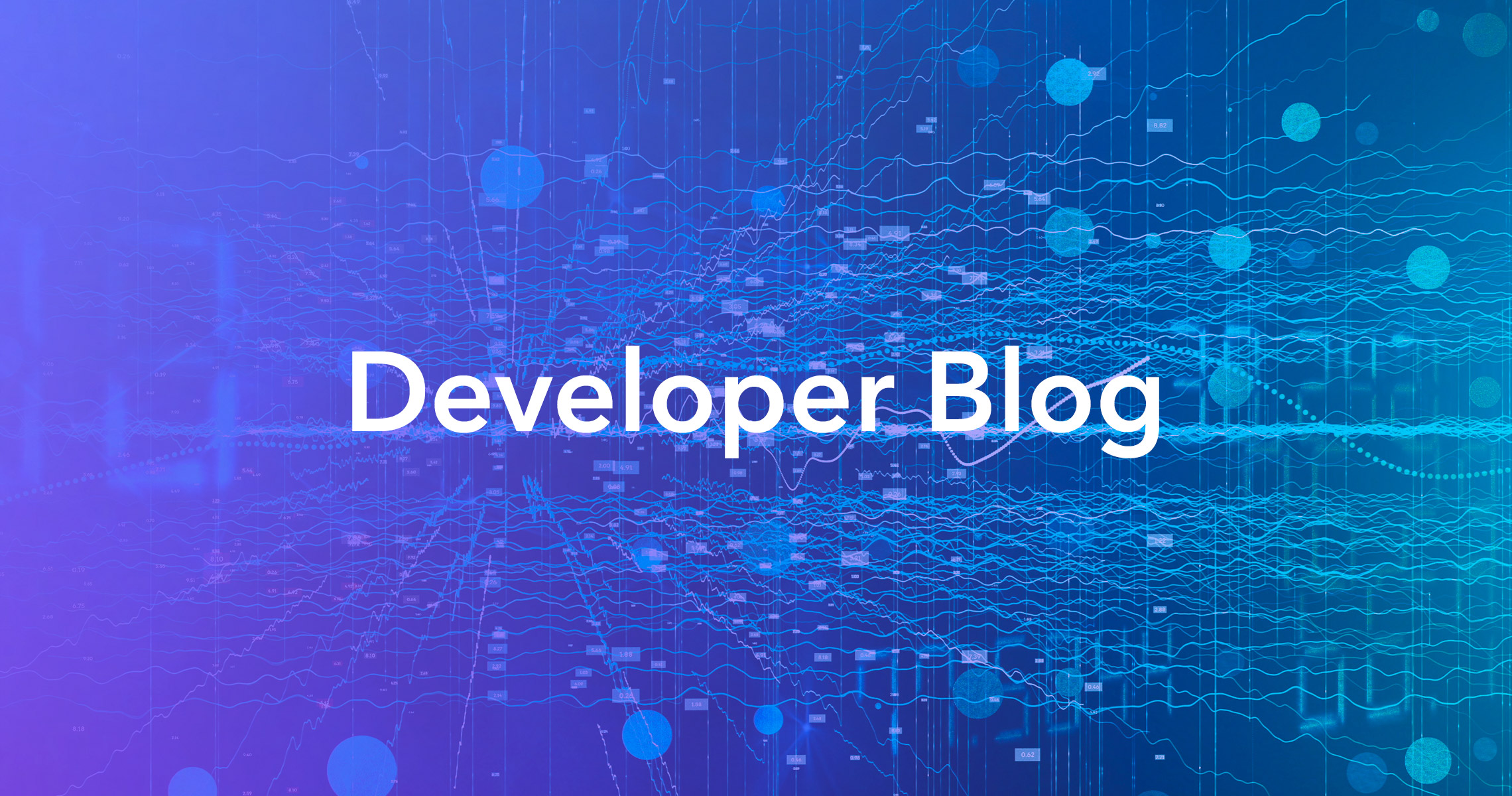- DataOps leverages Agile methodologies to help organizations maximize the value of their data.
- DataOps tools are designed to improve insights and speed of delivery by removing barriers to data collaboration and reducing data friction.
- The Intertrust Platform increases the availability of data throughout an organization and reduces the planning and execution time of data-related workloads.
- We have created a guide to help organizations understand the ROI of DataOps with the Intertrust Platform.
What is DataOps?
DataOps leverages Agile methodologies and toolsets to shorten analytics cycles, improve collaboration, and enable the development of easily accessible data flows within an organization. Building on the DevOps approach to continuous, end-user-focused software development, DataOps adds data specialists and tools to help organizations maximize the business value of their data by getting better insights faster.
The problem with traditional data lake approaches
Traditionally an organization’s data functions, such as Extract/Transform/Load (ETL) are performed on “data lakes”, a term for mass data warehoused in either on-premises or in the cloud. As pressures on data lakes grow because of new data sources being added and new uses for the data being requested, the traditional approach, a monolithic data vertical, is no longer fit for the purpose.
Smart organizations are constantly finding new ways to use their data, and many are finding that “data lakes” can be an obstacle. Here are some of the reasons why:
- Scaling: Data interoperability becomes a major issue as disparate databases are consolidated or new data sources come online, such as entire IoT device networks. Legacy data lakes, using older infrastructure, have problems scaling to deal with the diversity of data an organization now uses.
- Speed of access: Business intelligence extracted from an organization’s data is time-critical and delivers diminishing returns. Though data lakes can store incredible amounts of data they create delays when trying to access and use specific data. This means that despite the high storage costs an organization’s data is delivering less ROI. It also implies constant or frequent ETL cycles, as source data is constantly getting updated.
- Collaboration: Sharing data, both internally between different teams and departments and externally with partners, is an essential feature for maximizing data value. The capacity to provide access to an organization’s data on data lakes can be limited internally and is often non-existent with outside parties.
- Access permissions: A major obstacle to collaboration is how to securely define who can access which data and what they can do with it. A specific data governance platform is necessary to create fine-grained data management and ensure data security.
- Data access audits: For both regulatory and internal risk compliance it is necessary to be able to track data access in cases of real or suspected security breaches. With siloed data lakes finding this access trail can take a long time, creating additional risk for the organization.
All of these mean that the business intelligence your data generates isn’t as comprehensive as it should be, can’t be shared with those who need it, and arrives too late to make a difference. This gap between what your data could be doing for your business versus what it’s actually doing is where the value of DataOps proves itself.
How DataOps delivers value
DataOps tools are designed to improve insights and speed of delivery by removing barriers to data collaboration. The Intertrust Platform, for example, can bridge an organization’s disparate databases, data tools, and infrastructures to create a coherent, risk-managed data landscape for all data locations and formats.
The Intertrust Platform overcomes the numerous challenges accumulated through traditional data operations approaches through:
- Data Virtualization Services – Addressing data access and collaboration issues, the Intertrust Platform unifies access across multiple on-premises setups and cloud services. No matter the location of the data, it can be accessed with secure and intelligent query controls at its source without ever being moved.
- Unified Identity and Governance Services – Leveraging Intertrust’s security expertise across multiple fields, the Intertrust Platform is a single source for trust services. It unifies security and identity services across cloud services, application ecosystems, and data assets, enabling fine-grained access controls and enhanced collaboration between stakeholders.
- Secure Workload Execution Services – Intertrust Platform simplifies container management services for Kubernetes-based workloads, enabling fast and secure development of analytics. This ensures that the organization has greater control over its containerized applications and can actively monitor costs and access controls.
The focus on data governance and data interoperability allow internal and external collaboration to happen smoothly without the technical, operational, and regulatory barriers that slow down or prevent business intelligence insights from getting to where they can make a difference. The Platform is also highly scalable, meaning additional data sources are easily integrated and new data-centric digital products and services supported.
How to maximize DataOps ROI
DataOps seeks to dismantle the cumbersome approach to data functions by creating a more agile approach to how data teams work and how the data itself is used. Not only does DataOps work to improve insight velocity so that data value is being maximized but it also focuses on unifying data across all sources under a comprehensive governance structure that broadens accessibility while simultaneously bolstering data security.
A core element of a successful DataOps implementation is having the right tools to enable DataOps teams to deliver on their objectives. Using a DataOps platform that’s specifically designed to overcome the problems of traditional data lakes allows organizations to make full use of their data to deliver business insights to where they can be effective while also enabling faster data access and secure collaboration with outside partners.
The Intertrust Platform delivers clear return on investment through its agile and secure data architecture. We have recently published a guide that explains how organizations can identify where they will be able to make savings on tangible financial outlays for data storage and IT overheads, as well as soft returns in terms of productivity and time savings.
Conclusion
Traditional data lakes are designed for storing and performing functions on massive amounts of data but they are not flexible enough to deal with the multitude of diverse and dislocated data sources an organization uses. The Intertrust Platform allows organizations to work across all data wherever it is coming from, creating virtualized datasets that provide instant access to the data you want regardless of location.
Using the Intertrust Platform allows organizations to get the most out of their data, while also allowing them to collaborate securely by using fine-grained access controls to improve data security and reduce risk. The return on investment delivered by the Intertrust Platform is not only through direct savings on data warehousing and traditional data functions but also through the greater speed and functionality your data operations will deliver.
To find out more about how DataOps and the Intertrust Platform can improve value gained from your data and ROI on data operations, you can read more here or talk to our team.
About Abhishek Prabhakar
Abhishek Prabhakar is a Senior Manager ( Marketing Strategy and Product Planning ) at Intertrust Technologies Corporation, and is primarily involved in the global product marketing and planning function for The Intertrust Platform. He has extensive experience in the field of new age enterprise transformation technologies and is actively involved in market research and strategic partnerships in the field.




